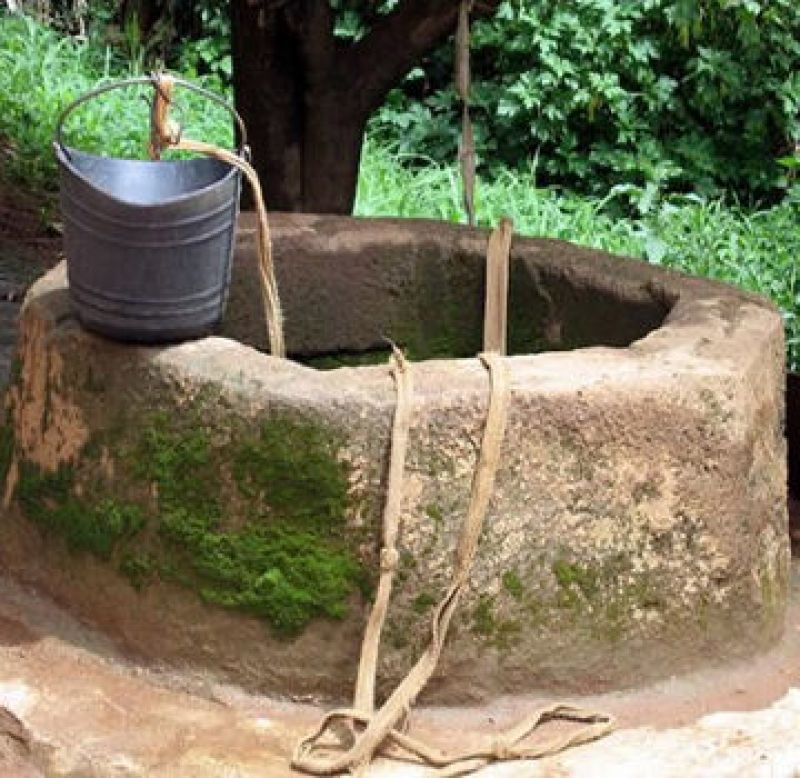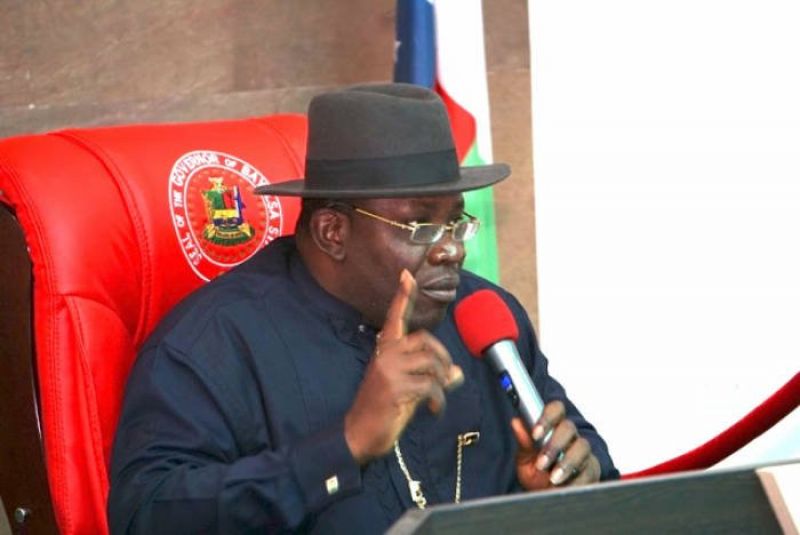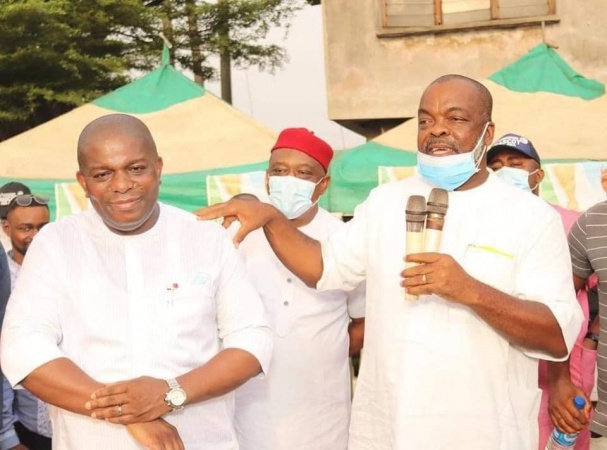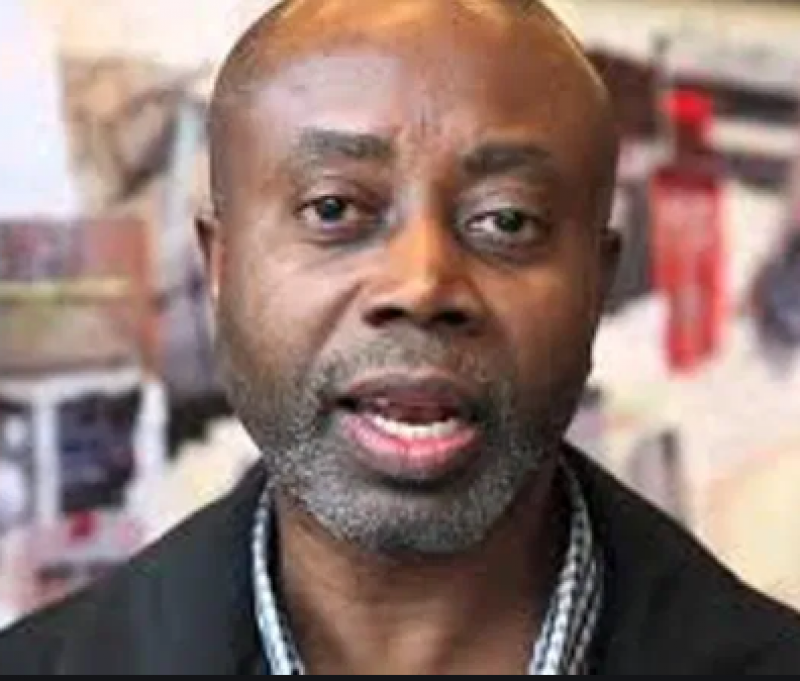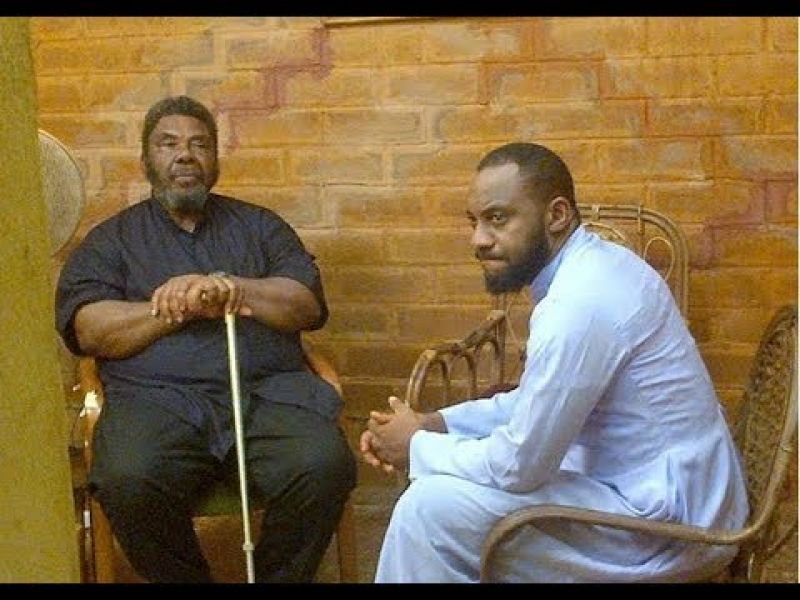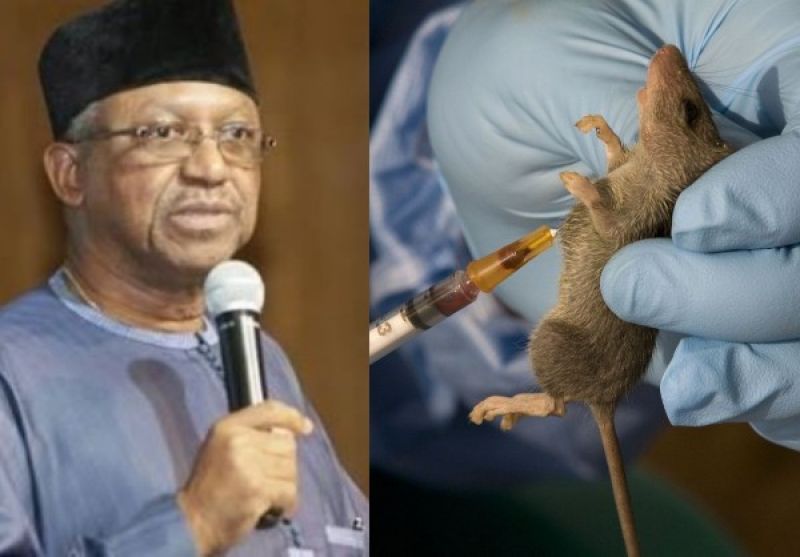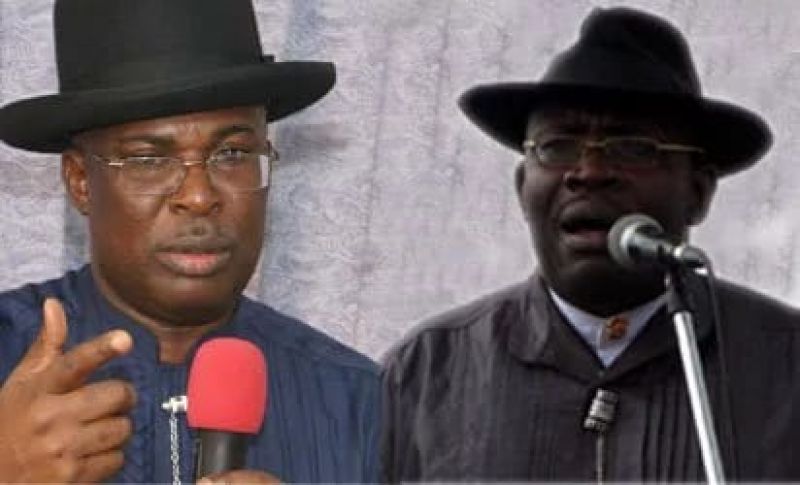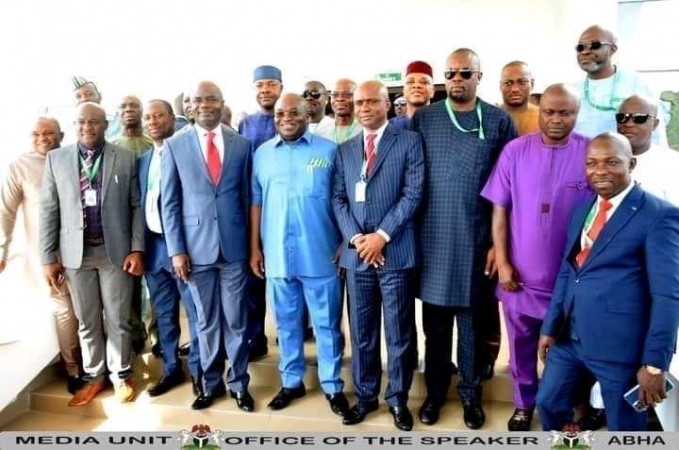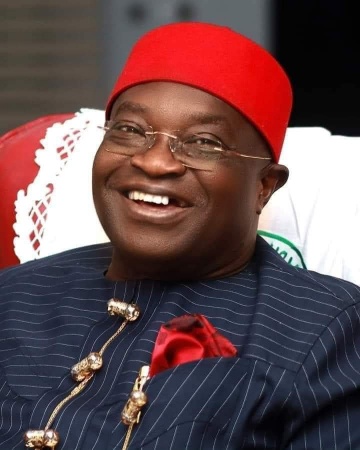Don’t 'play Politics' with Ogoni Cleanup, FG warned
Posted by Kelechi Deca | 6 years ago | 1,909 times
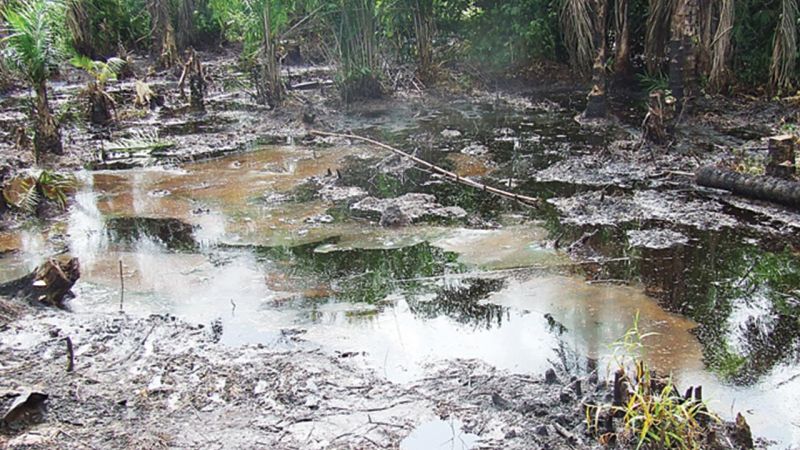
The federal government has been warned that continued delay in the cleanup exercise of Ogoniland and other communities affected by oil and gas exploitation in line with the United Nations Environmental Protection (UNEP), is dangerous as it poses serious threats not only to lives and property but also to the economy, peaceful coexistence and harmony.
This warning was handed down at the just concluded Policy Roundtable organized by the Nigeria Natural Resource Charter (NNRC) in Port Harcourt, Rivers State. The NNRC is a nongovernmental organization with the focus to promote policy reforms within the Nigerian extractive industry.
It could be recalled that the UNEP Report revealed some the most disturbing aspects of the damage done to the environment not only to the Ogoniland but other communities within that vicinity as well. The socio-economic and health impacts of the devastation that has taken place and still taking place within the region according to experts cannot be adequately quantified.
Welcoming participants at the event, the Programmes Coordinator of Nigeria Natural Resource Charter Ms. Tengi George-Ikoli highlighted the importance of the gathering in knowledge sharing and putting the right amount of pressure on the authorities to prioritise the cleanup exercise. She noted that it is important the issue of environmental degradation and loss of means of livelihood of the people remain on the front burner.
The event which featured experts from different fields where unanimous that because it will take an average of three decades to repair the damage oil exploration has done to Ogoniland and other adjoining communities, the federal government should not treat the issue with kids gloves as the lives of millions of Nigerians have been devastated already by the environmental degradation taking place in the Nigeria Delta region. To this end, they call for an expedition of action on the UNEP Report and warned government not to use the Ogoni cleanup exercise to achieve political leverage.
Dr. Fidelis Allen, Director, Rivers State Conflict Management Alliance made presentations on the implementation of the Nigeria Natural Resource Charter and mitigation of environmental and social costs of oil mining in the Niger Delta. He noted that with the NNRC’s precepts, stakeholders can make meaningful inroads in finding solutions to the usual complex issues surrounding oil and gas mining, especially as it relates to local impact and behavior of home governments of extractive companies, usually downgraded in serious discussions of natural resource driven economic growth.
Prof. Charles Oyegun pointed out that the perceived exclusion of host communities from governance of oil wealth is the root cause of the incessant conflicts within the region. He also highlighted that artisanal refining provides the fuel needs of riverine communities at a high cost to the environment. Dr. Sofiri Joab-Peterside warned that there is a growing deficit in the ruling elite practice of federalism, governance and development. This deficit, he said is due to the prevailing centralization of power at the federal level but more broadly to growing distance between rulers and the ruled.
Victoria Ibezim-Ohari of Spaces for Change called for a Host Community Bill which should be part of the Petroleum Industry Bill. The Host Community Bill according to her is to provide a framework for improving relations between the government, companies and companies involved in petroleum production. To strengthening the structure for community participation in the oil and gas sector and also to help compensate for the high environmental risks associated with oil production, which imposes disproportionate social, economic and legal burdens on petroleum host communities.
Speaking at the event, a human rights’ activist, Celestine Okubari, urged the Federal Government to find a lasting solution to address the high level of poverty and environmental degradation in Ogoni land.
General Paul Boro, the Special Adviser to the President on Amnesty Programme, expressed willingness of the Federal Government to implement the UNEP Report on the Ogoni cleanup, saying that it is a very important step to take in efforts to rectify decades of damage caused by oil exploration in the region.
In a communiqué issued at the end of the round table discussion, the critical stakeholders comprising lawmakers, traditional rulers and federal government agencies solicited to establish a multi stakeholder group for engagement of government officials.
They are demanding yearly environmental and health audit and evaluation of the entire Niger Delta region. Hydrocarbon Pollution Restoration Project (HYPREP) should focus on the remediation of ground water. They also called for the establishment of an environmental cleanup trust fund, and push for more emergency powers for the coordinators of HYPREP. They equally called for the review of the act establishing National Environmental Standards and Regulations Enforcement Agency (NESREA) and National Oil Spill Detection and Response Agency (NOSDRA) to empower them to discharge their responsibilities.
Readers Comments
comment(s)
No comments yet. Be the first to post comment.
